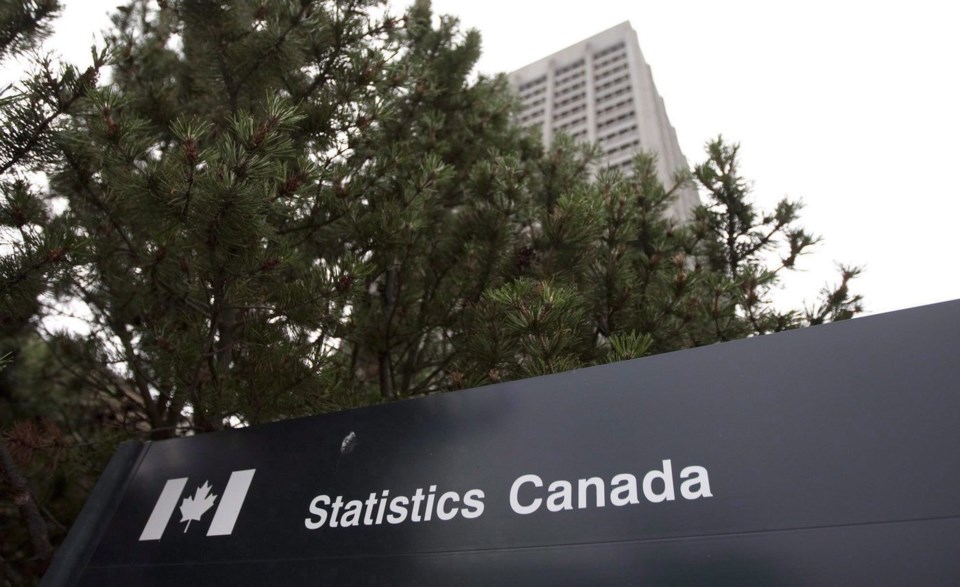OTTAWA — Economists expect little movement in Canada's inflation numbers, if any, when January data is released this week, though the underlying change in prices will be clouded by a full month of the government's GST break.
Statistics Canada's consumer price index for the first month of 2025 is set to be released on Tuesday.
Canada's annual inflation rate ticked down to 1.8 per cent in December, in large part because of the federal government's pause on sales tax for an array of goods heading into the Christmas holidays. Restaurant food purchases and alcohol bought from stores contributed the most to the deceleration — both received the GST reprieve when it began on Dec. 14.
Without the tax break, however, Statistics Canada estimated inflation would have instead risen to 2.2 per cent from 1.9 per cent.
"The broader story is inflation is — even when you take out that special (tax break) factor — is close to two per cent. Maybe a little bit above," said BMO chief economist Doug Porter, who is expecting the inflation rate to hold steady.
"We're in a much better place than we were a year ago, let alone two or three years ago, when inflation was running hot."
RBC assistant chief economist Nathan Janzen expects inflation to tick down again to 1.7 per cent, also because of the temporary tax break.
"The tax holiday will continue to muddy inflation readings until March when we can get a cleaner read of the consumer price index that are clear of distortions," Janzen wrote in a note to clients.
"Still, the Bank of Canada will be focused on their preferred 'core' (consumer price index) measures, which exclude the impact of indirect taxes, for clues on how underlying inflation trends are shaping up."
Growth in grocery prices in December decelerated from a month prior, falling to 1.9 per cent year-over-year, while gas prices rose to 3.5 per cent.
Shelter cost inflation remains elevated, though it slowed slightly in December to 4.5 per cent, while rent prices rose 7.1 per cent from the same month a year earlier.
In its deliberations ahead of cutting its interest rate to three per cent on Jan. 29, the Bank of Canada's governing council members indicated they were encouraged by recent indicators that showed the economy was picking up steam, and inflation holding steady around its two per cent target.
Porter said the heaviest measure by which the central bank will weigh against another rate cut is how the potential trade war with the United States plays out. The next rate decision is scheduled for March 12.
"The widespread assumption is that the bank will continue to shave rates a little bit further, which would put them pretty much in the middle of what I would consider the bank would feel would be neutral," Porter said.
"I see 2.5 per cent as being pretty close to to neutral for the Bank of Canada, and I would assert we're not quite there yet at three per cent."
This report by The Canadian Press was first published Feb. 14, 2025.
Nick Murray, The Canadian Press

